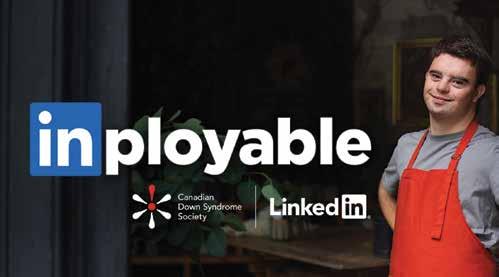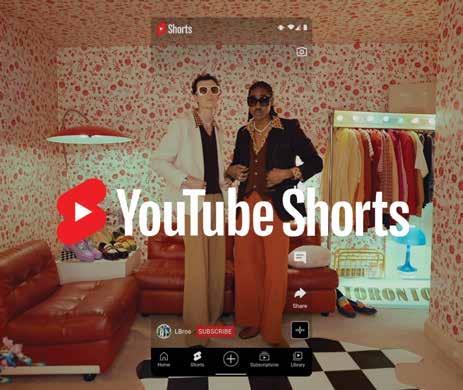
3 minute read
Researching Canadian media options just got easier.
Find all the advertising choices that fit your brand’s criteria + relevant rates and target audience planning data. Subscribe at cardonline.ca for all your media buying and planning intel needs.
CARDonline is powered by strategy news for added context on Canada’s top media companies and their offerings.




challenging for marketers to have the same ability to get one-to-one connections as they would in other markets.”
So are there any big “data gaps”?
Eriksson: A lot of options are still very U.S.-centric. They have the scale to put lots of money into buying data sets and marrying that with first-party and transactional data, and a lot of systems are based on that. That doesn’t work in Canada. We always have to build our own solutions that are more pragmatic and can it’s going to be more difficult when things like generative AI come to the market. do. The funnel might start smaller, but you bring more people through. scale here. And we don’t want to buy into all these big expensive tech stacks if we’re not going to get the same performance out of it.
What kind of onus do advertisers have to respect consumers’ privacy concerns, even if they aren’t being mandated to by law?
Cuddy: You should want to do it, not just because it’s the right thing to do but also because you don’t want to waste a ton of money building towards a privacy standard that’s going to change. Providing tangible value in exchange for access to data is where everything is going, and it is almost a personal relationship.
Pingal: We also keep waiting for legislatures to pass laws, when we are the ones in the thick of it. I believe advertising has a conscience, and there is an opportunity for us to define what is ethically right earlier on. We’re not great at moving early, when you look at drawing measurement standards, we still debate about what is an integrated measurement standard across channels. But if we can get away from that when it comes to using data, we can also drive more consumer confidence and break the perception that all advertisers are evil.
Cuddy: That’s kind of where we came from with the [CMDC’s] Canadian Media Manifesto. Recognizing that Canadian media is important and it is a big reason an ad-supported internet exists, but we need to understand the impact a quality advertising approach can have.
Looking at data in Canada right now means also considering the impact of new privacy regulations. Is there anything in the regulatory landscape you see as cause for concern?
Bhopalsingh: The federal government should not rely on Quebec to lead the way. In the U.S., you have five or six states with their own privacy laws, and the IAB is working on a lowest common denominator approach for organizations to operate in a privacycompliant way across all of them. We need to stay away from that if we’re going to be effective. The onus is on the federal government to stay abreast of what’s happening and not let the provinces take the lead. They’ve struggled to keep pace, and
It makes buying all this one-to-one, stitched-together data and putting it into a big platform, reselling it and making margins on every programmatic exchange ethically wrong.
Smith: It’s a quality versus quantity thing too. If you think about how you are going to move the needle on your KPIs, if you are going to use your data to make the experience better and higher quality, you are going to get more people to engage and do the behaviours you want them to

What are the big ways you think new regulations could change the way that brands and their agencies work?
Bhopalsingh: The bill tries to take the best of GDPR and CCPA, so a lot of us at bigger agencies have been operating in a way that’s compliant with those, and you won’t see a big change. The bigger change you’re going to see is in the Quebec marketplace.
Pingal: But we will need some conversation about what is and is not personally identifiable information. For me it feels like the question is constant, and we’ll need some level of standardization.
Cuddy: I’m wondering if that, plus cracking down on third-party data providers, then provides more value to originators of the data, like publishers. It may provide more incentives for direct relationships.










